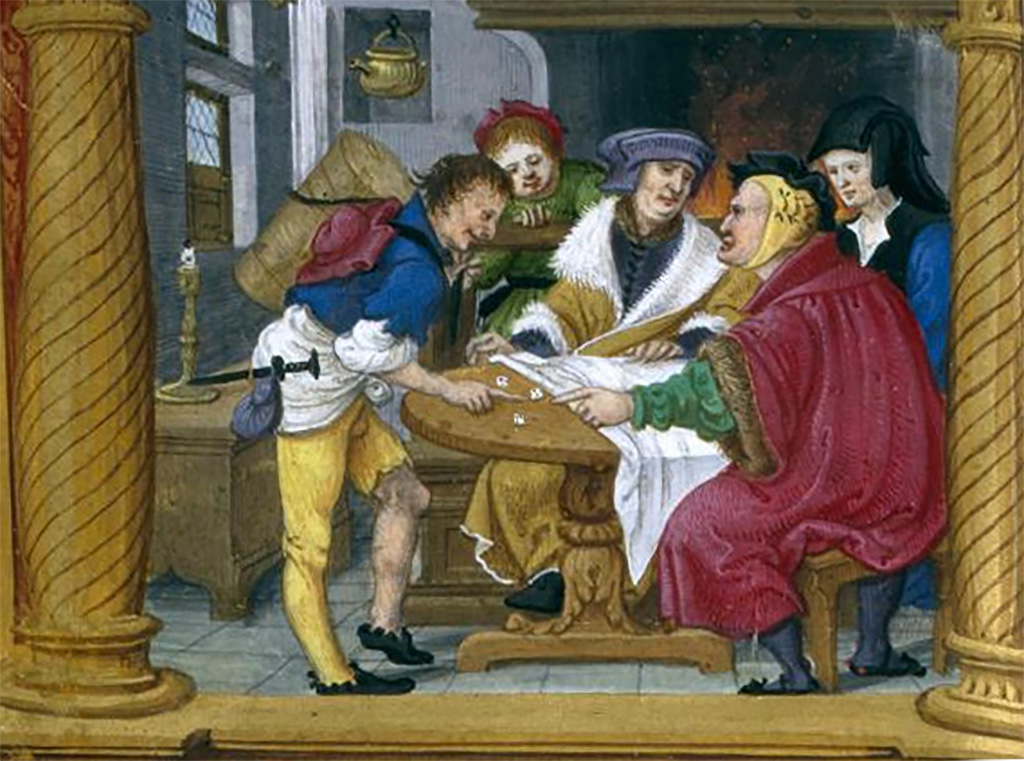Conflict Resolution with/in Tabletop Roleplaying Games

Tabletop roleplaying games (RPGs) have long been known for their capacity to take players on imaginary adventures, but they are increasingly being recognized for their potential as tools for real-world conflict resolution. RPGs allow players to explore complex issues, collaborate, and engage in meaningful discussions that can help resolve conflicts in a productive way. In this overview, we will explore some of the ways that tabletop RPGs can be used for conflict resolution, as well as the key principles of safety, after care, and interpersonal dynamics that make them effective.
One of the key benefits of using RPGs for conflict resolution is their capacity to foster empathy. When players are encouraged to embody different perspectives and experiences, they can develop a deeper understanding of others’ points of view, which can lead to greater empathy and understanding in real-life situations. RPGs also provide a safe space for exploring difficult topics, which can be especially valuable for people who are struggling with personal or professional conflicts. By providing a structured and supportive environment, RPGs can help players build resilience and develop healthy coping mechanisms that they can apply in their everyday lives.
To make the most of RPGs as tools for conflict resolution, it’s important to keep some key principles in mind. First and foremost is safety. Players should feel physically and emotionally safe during gameplay, and should never be coerced or pressured into participating in activities that make them uncomfortable. Game masters (GMs) and facilitators should also be well-versed in de-escalation techniques and have a clear plan in place for handling any issues that arise.
Another important principle is after care. Once the game is over, players should have an opportunity to debrief and process their experiences. This can include discussing any difficult emotions that came up during gameplay, reflecting on what they learned about themselves or others, and brainstorming ways to apply their experiences to real-world conflicts. By providing a structured and supportive after care process, GMs and facilitators can help players feel empowered to make positive changes in their lives.
Interpersonal dynamics are also a key consideration when using RPGs for conflict resolution. Players should be encouraged to communicate openly and honestly with each other, and should be given the tools to do so effectively. This can include things like active listening techniques, nonviolent communication strategies, and conflict resolution skills. GMs and facilitators should also be prepared to address any issues that arise between players, and should have a plan in place for handling disagreements or conflicts that cannot be resolved during gameplay.
While there is still relatively little research on the use of tabletop RPGs for conflict resolution, there are a growing number of academic and professional resources available for those who are interested in exploring this topic further. Some useful references include:
- “Conflict Resolution in Tabletop Role-Playing Games” by Sarah Lynne Bowman (Journal of Transformative Works and Cultures, 2010)
- “The Therapeutic Value of Role Playing Games” by Raffael Boccamazzo (in The Role-Playing Society: Essays on the Cultural Influence of RPGs, 2016)
- “A Player’s Guide to Interpersonal Communication in Role-Playing Games” by Warren Tusk (in Interpersonal Communication in Games, 2018)
In conclusion, tabletop RPGs have the potential to be powerful tools for resolving conflicts in real life. By fostering empathy, providing a safe space for exploring difficult issues, and encouraging healthy interpersonal dynamics, RPGs can help people work through conflicts in a constructive and productive way. By keeping principles of safety, after care, and interpersonal dynamics in mind, players and facilitators can make the most of this valuable tool for conflict resolution.







